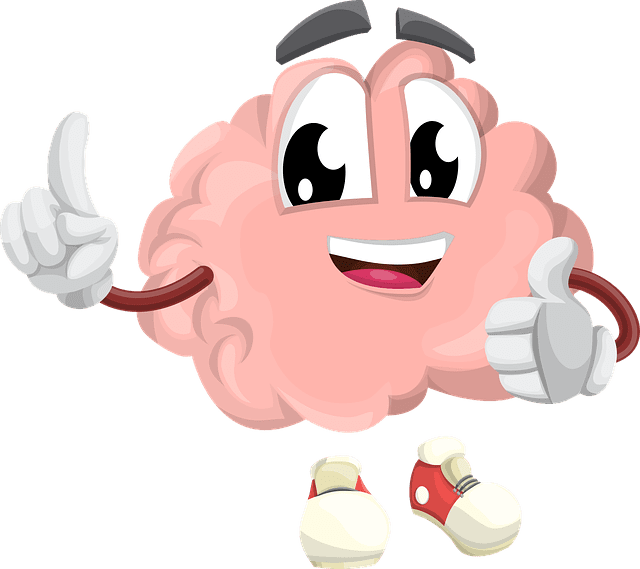In today’s connected world, learning a second language is a smart move. The problem is that we try teaching people language when it’s too late. Usually, it’s a high school or college. A teen or young adult learn some words and phrases, and they may retain some, but once that class is over, most of what they learn goes out of the window.

That’s because of the critical time to learn a language is when a person is very young. In this case, toddlerhood. An older person can learn a language, but toddlers learn so naturally. That’s because the brain at that age is like a super-absorbent sponge.
This age is when it’s easy to learn a second language.
Why Learn A Second Language?
Here are some reasons why your toddler can benefit from learning a second language.
- A Multi-Language Household Or City
If your household is bilingual, or your town is, learning both languages can help a toddler function in their home or society as best as they can. However, even if they don’t live in this location, there are still some benefits, such as:
- It’s Great For The Brain
You may think that learning more than one language will just fill your child’s brain with extra space they could use for science or math, but the mind is not a hard drive. In actuality, being fluent in multiple languages is a mental health boost. It may help dementia and other brain problems that happen as you age. Bilingual toddler language development will be helpful when they grow up.

- It Helps Bring Everyone Together
The best thing about studying a new language is it helps shatter some language barriers. Even in an age where we have translators on our phones, it’s still no substitute for learning a second language and speaking in it.
So even if you live in a household and city where everyone speaks English, it’s still a good idea to teach your child other languages.
- A Career
There is always a need for a translator. Even in today’s world of translation technology, someone has to work on them and make them even better. A bilingual child is one who has a step up in the career world, and they can make a good living doing so. The bilingual toddler language development will come in handy for them, especially that they will quickly learn at an early age. Try them out today.
When Though?
You may wonder when the best time for a child to learn another language is. As it turns out, it’s quite young. Every language has certain sounds that others don’t have, and a toddler before a year old can differentiate these sounds easily. After that time, it becomes a bit harder for them to learn. It’s still possible, so don’t feel like you’ve lost hope if your toddler is older than the age. Again, anyone can learn a language at any age.
Showing Your Kid Different Languages
It used to be difficult to expose your kid to different languages. Before the Internet, you would have to go to another country or know someone who spoke the language if you wanted to hear it fluently. Nowadays, it’s much more comfortable, and it’s so good for the mind.
If you’re a family who speaks different languages, it’s quite easy to show your child all the different languages, but what if you speak one language?

Ideas For Single Language Households
If you live in a single language household, there are many ways to teach your child a language. The Internet has made it much more manageable. Here are some ideas.
- Play Foreign Media
Many kids learn a different language through the media they consume. If you want to teach your kid Japanese, play some kid-friendly anime that is not in English. With that said, don’t just leave on the TV and think your kid will learn it automatically. Make sure your child is immersed and can point out the many names of things. This method is one of the most effective ways to begin bilingual toddler language development.
- Play Different Versions Of Songs Or Media
What may help as well is to play a song in English and then play the same song in the language you want your child to learn. Play an episode of a cartoon in English, then one dubbed in a language you want your child to learn. Let Spanish SpongeBob teach your child.
- Find Someone Who Speaks The Language
Look for someone who speaks the language and see if they can teach you or your child tips on how to learn the language. You may need a tutor or hire someone who knows how to teach language well.
This person can record words as well, and you can translate them and have your child listen to them, then point to the object the word is depicting. For example, if you’re teaching Japanese, your child can hear the word “Neko” and point to the family cat.
- Teach Your Child The Importance Of Getting Past Language Barriers
It’s important that early on, you teach your child about language barriers and how they are unnecessary. Teach them that someone who speaks a different language than you is someone you shouldn’t be afraid of and that you should strive to make communication easier.
Teach your children that some forms of communication are universal, and they help bring everyone together. A smile, for example. It sounds a bit cheesy, but it’s true.
They Don’t Need To Be Perfectly Fluent In Each
The point of a second language is that you know quite a bit about it and can communicate with others, but you aren’t going to know every word. Your child should focus on their native language and keep the second language as an add-on. Later on, in life, they can become even more fluent in it.

Learning a second language is a journey, and the mission is much easier when one prepares early. In the information age, there is little reason why your toddler shouldn’t learn a second language. Even if you come from a household where everyone speaks one language, teach your toddler another, and they can benefit from it.
Bilingual Toddler Language Development FAQs
Last Updated on August 14, 2025 by Jejomar Contawe
DISCLAIMER (IMPORTANT): This information (including all text, images, audio, or other formats on FamilyHype.com) is not intended to be a substitute for informed professional advice, diagnosis, endorsement or treatment. You should not take any action or avoid taking action without consulting a qualified professional. Always seek the advice of your physician or other qualified health provider with any questions about medical conditions. Do not disregard professional medical advice or delay seeking advice or treatment because of something you have read here a FamilyHype.com.